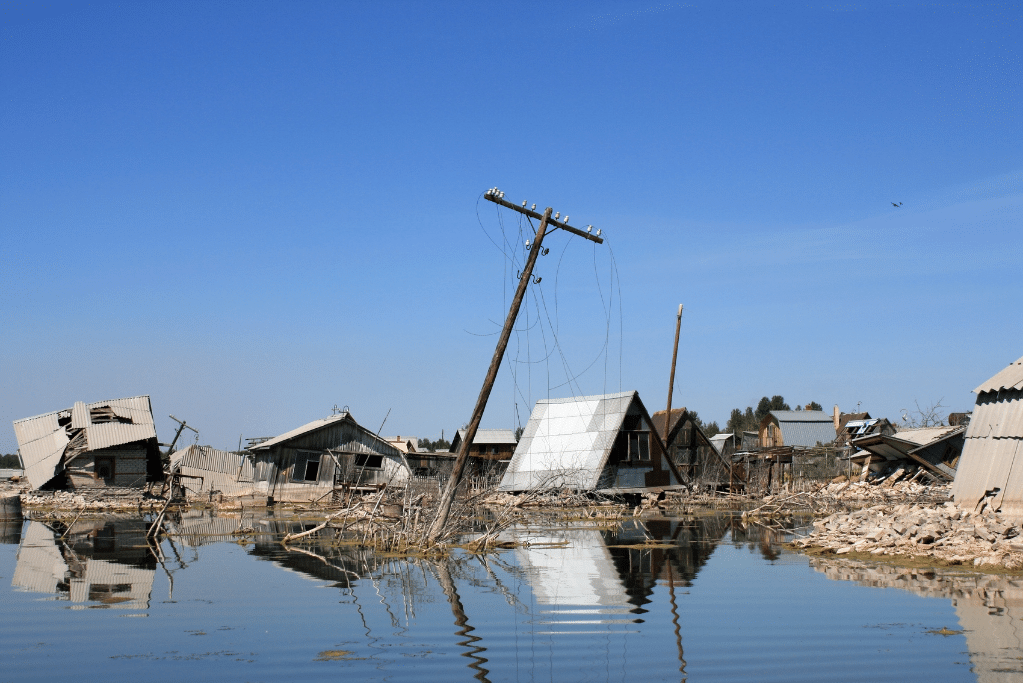Despite delivering the long-overdue $100 billion to developing countries, estimates suggest that countries around the world may need up to $387 billion per year this decade to finance climate adaptation programmes.
—
Developed countries may have hit the $100 billion mark to fund climate action in developing countries last year, according to preliminary data published last week.
Since 2015, the Organisation for Economic Co-operation and Development (OECD) has been monitoring the progress towards a pledge made by wealthy countries at COP15 in 2009 to raise $100 billion per year by 2020 to help developing countries adapt to climate change.
According to previous assessments, developed nations missed the target and by 2021 still remained just over $10 billion short of the goal. Nevertheless, preliminary and yet-to-verify data published last week by the OECD indicate that the goal “looks likely to have already been met as of 2022.”
Despite reaching the symbolic milestone, the figure appears insignificant when compared to the trillions of dollars actually needed to help developing nations decarbonise and adapt to a rapidly changing world.
2023 is on track to be the hottest year in history after an unprecedented summer saw temperature records shattered and uncountable extreme weather events that brought devastation across all continents and especially in developing nations which, despite their almost insignificant contribution to global emissions, are disproportionately hit by these events.
In the face of escalating climate change impacts, adaptation has become a necessity rather than a choice, and with it has come a growing need for funding, now almost 50% bigger than previously estimated.
In its Adaptation Gap Report published earlier this month, the UN Environment Programme (UNEP) suggested that the current adaptation finance gap – the difference between estimated adaptation financing needs and costs (US$215 billion to US$387 billion) and finance flows (US$21.3 billion) – is around US$194-366 billion per year until 2030, with finance needs for adaptation efforts in developing countries likely 10-18 times more than current international public finance flows.
Germany and Canada, which co-chair an international drive to ensure the $100 billion goal is met, issued a joint statement to welcome the OECD update, though they also highlighted that climate finance needs are growing rapidly.
“We need action and cooperation from all actors – domestic, international, public and private – to shift the trillions of dollars required to transition to a net-zero and climate-resilient world,” Steven Guilbeault, Canada’s climate minister, and Jennifer Morgan, Germany’s special envoy for the climate, said in the open letter. “Our collective commitment to fully delivering on the goal no later than by the end of 2023 remains unwavering.”
With COP28 approaching, all eyes are on rich nations to deliver an adequate deal on climate finance following last year’s establishment of a loss and damage fund to help developing countries deal with the harm caused by global warming. Nevertheless, the UNEP report argues that, while attention is growing around loss and damage compensation, real action is lagging behind, leaving uncertainty regarding how to address the financial needs of developing countries.
You might also like: Negotiators Outline Loss and Damage Framework Ahead of COP28, With World Bank Poised to Host Climate Damage Fund Despite Concerns


















